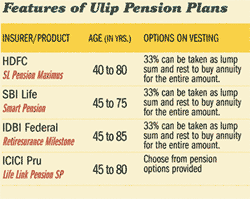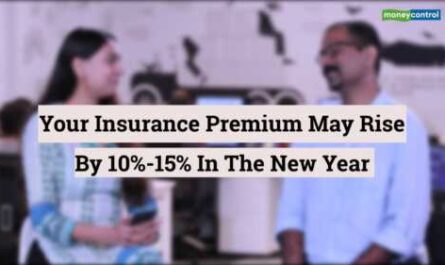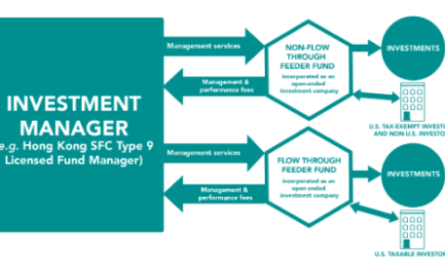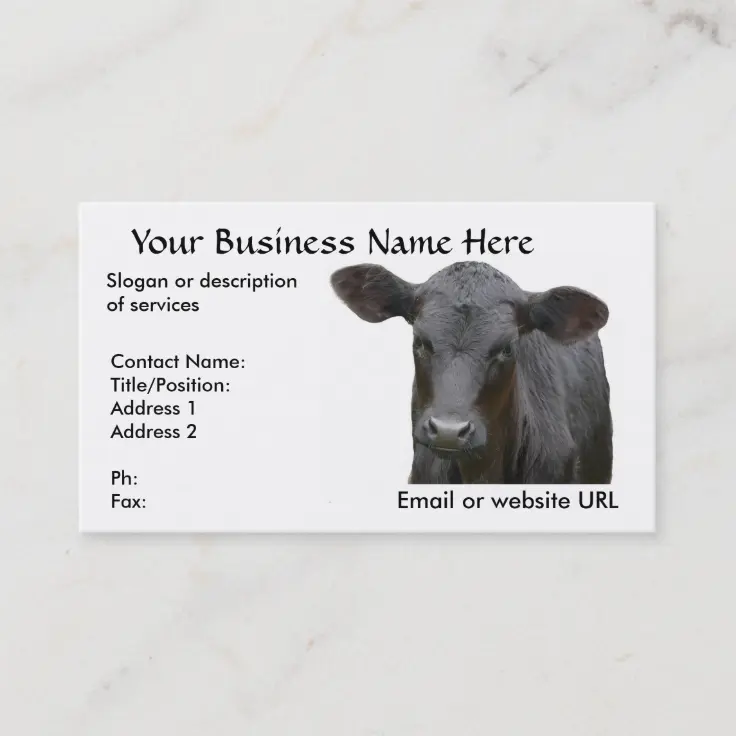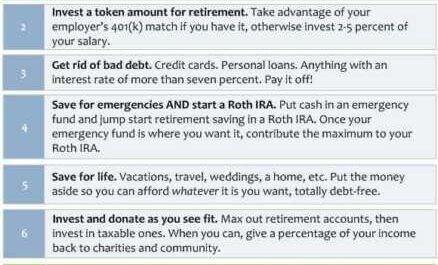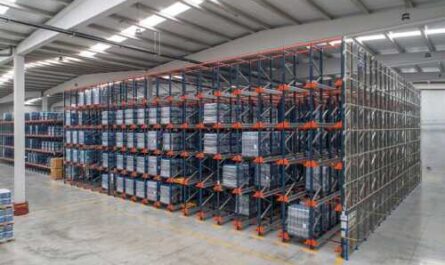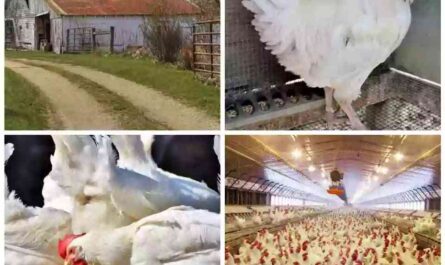Food cart and food cart vs food trailer, which is better? And which one is the most advantageous? Here’s a quick comparison of the pros and cons of each.
The mobile catering business has become very popular with entrepreneurs because it is cheaper than opening a restaurant. People love mobile food because they create a special atmosphere and sell delicious food and drinks at affordable prices. Your potential customers are a crowd of people who want to try something delicious on the go.
Mobile products have become extremely popular and are an important part of the hospitality industry. Customers are flocking to these mobile food businesses. The relatively low cost of entry compared to conventional restaurants, combined with free and inexpensive ways to market them to the general public through the many social media platforms available, are some of the many benefits of selling mobile food. .
Additionally, the ability to participate in events such as concerts or festivals is a source of income that is not available to restaurants. Mobile food vehicles can also be a complement to existing businesses, such as catering businesses looking to increase their income or expand their market without requiring major business changes.
Here are some other benefits of mobile food;
- You can change your menu at any time.
- It’s a good introduction to the food industry (especially if you want to own a restaurant later on).
- Different events are easier to serve (you have the option to sell food at concerts and festivals, and you can easily deliver your food there).
- Expedited customer service.
L’industrie de la restauration mobile est également très compétitive car de plus en plus d’entreprises franchissent le pas. La marge peut être faible et parfois l’entreprise peut même perdre de l’argent. Étant donné que les clients achèteront ouvertement de la nourriture, les conditions météorologiques peuvent affecter les revenus. Le fonctionnement des VR peut être saisonnier dans les climats plus froids, tandis que même dans les endroits plus chauds, une pluie inattendue peut avoir un impact sur les ventes.
Food vendors are nothing new, but the growing popularity of the industry today offers great opportunities and potential for success for innovative and passionate entrepreneurs. Every business has its own risks and rewards, but it’s important to know where you want to go and to strive to get there despite the difficulties.
It’s not uncommon for entrepreneurs looking to start a mobile food business wondering who to contact; therefore, the question usually arises about which food truck, food cart and food trailer is better. To try to answer this question, one must first analyze the various mobile food products mentioned above, compare and contrast their advantages and disadvantages.
Food Truck vs Food Cart vs Food Trailer Pros and Cons
This is a type of mobile kitchen in which the kitchen and the vehicle are located in the same accommodation. The kitchen is integrated into the “box” space of the van. The size of the kitchen space can vary from 10 to 26 feet. The most common size is 16 or 18 feet in the kitchen.
The biggest advantage when choosing a food cart over a food cart or a food cart is that it is a unit, which makes it ideal for stopping at multiple locations. You don’t have to worry about towing, and your overall size will be smaller (than a food trailer, not a food cart), making it easier to navigate narrow city streets and tight bends.
Loading wagons are generally allowed on more city streets than on trailers, allowing for a wider range of service locations. No need to tow anything, it’s easier to change service locations during the day.
Food trucks tend to be more expensive than their competition, food trailers. However, with a food trailer, you will need a vehicle with towing capacity to tow your trailer. This can be a huge additional expense and can sometimes exceed the cost of a food truck.
Since food trucks are one unit, if your truck has mechanical breakdowns and needs to be in the store, your business will be in the store as well. This is usually not a release when you buy a new van. If you are buying a used van to build a mobile kitchen, it is very important that a mechanic inspect it first to avoid costly repairs and travel time.
The food trailers are between the food carts and the food trucks. You can’t drive food trailers like food trucks, but you can hook them up to a vehicle and tow them anywhere they need to go. Food trailers also tend to be sturdy enough to have a kitchen similar to what you might find on a food truck.
Food trailers tend to be a bit more affordable which helps lower the cost of entering the world of mobile kitchens.
The biggest advantage of the food trailer is the different sizes. Food trailers can be 8 to 53 feet long. Food trailers are typically 8.5 feet wide, as opposed to a food truck, which is typically only 7 feet wide. In a cramped kitchen space, any extra width is greatly appreciated.
Food trailers generally take up more storage space. In a food truck, the generator is almost always integrated into the kitchen space; however, on the food trailer, the generator is located on the “tongue” allowing more interior space in the food trailer. The extra space can have a positive impact on the speed of the food business and the quality of service.
Food trailers are ideal for fixed or long term parking.
Although food trailers appear to be the best of both worlds, entrepreneurs should consider its potential drawbacks. The larger space for food trailers can be important for ease of use, the amount of equipment that can be set up, and storage space for ingredients or inventory, but upfront and overhead costs will also be. higher. Note that the tow vehicle will require maintenance in addition to the feed trailer.
In addition, its size prevents the trailer from parking on public roads and may be restricted to trade only in certain crowded areas. like concerts, festivals and other similar events. Relocation can also be a challenge, and like food carts, food trailers can’t suddenly move when there aren’t enough customers.
On the other hand, trailers are usually always bigger when considering the vehicle. Pull a trailer. This makes it difficult for novice drivers to navigate in confined spaces.
- Food basket
Food carts are a good option for you. If you have smaller menus because they can’t have as many types of food as a truck or trailer. The main advantage of food carts is their price. It’s inexpensive, so it’s used by street vendors all over the world from New York to Mumbai, and gets you started with minimal investment.
When it comes to maneuverability, food carts also have an advantage over food trucks and trailers in that if you need to get around the street during the day, you just need to push it. This makes it ideal for any downtown location you might have in mind.
Another benefit of a food cart is that when you are working with a floor cart with a customer, there is nothing between you and them, which means you can build relationships with them and serve them quickly.
Food carts also require very little space, which can be useful if your event is in a tiny location.
On the other hand, food carts are not as suitable for mobiles as they have to be attached to a vehicle to be towed into place. As mentioned earlier, food carts require less space, however, with less space comes the fact that food carts cannot serve as wide a range of dishes as food carts. Food baskets also don’t have a kitchen, so check your region’s cooking requirements. Some places require food for grocery carts to be prepackaged.
Using a cart means you have very little shelter to protect yourself from the elements, which is a major factor in all countries around the world. world.
Plus, unless you get a location in the city center and have a secure connection nearby, you’ll need an additional way to transport your cart to and from your locations. This will likely require some form of vehicle to tow your food cart, which in turn will require additional towing licenses.
Also, not all food items can be sold from the cart because the amount you can store and serve is limited. Favorite dishes are usually those that require little preparation, such as ice cream, potted potatoes, or candy. cotton wool. However, there is no reason why you shouldn’t consider other options and take inspiration from around the world like Hot Dogs (New York).
Food Truck vs Food Cart vs Food Trailer Which is better?
The initial cost of a food truck can be more expensive than a food trailer, however, you must have a reliable vehicle with adequate traction for a food trailer. But the fact remains: a food cart is much cheaper than a food cart or trailer and therefore better suited for potential entrepreneurs who don’t have a lot of start-up capital.
Food carts are ideal for itineraries and have the ability to make multiple stops throughout the day, unlike a food cart or trailer. Food trailers and carts are ideal for events or areas where they can stand for long periods of time.
Food carts are a one-piece vehicle and can therefore move independently without the need for towing. In addition, they are also more compact, which makes it easier to navigate the city streets. Food trailers come in a variety of sizes and offer more storage and prep space than food carts or food carts. Food carts are supplied without a cooking zone.
In general, the best mobile grocery store varies from situation to situation, depending on how much money you have to start a business, the number of dishes on your menu, the amount of kitchen space you need. , the number of places you are going to visit. every day, etc.
It should be noted that there are some specific issues that arise when attempting to start a mobile food business. The problems associated with obtaining a bank loan are an example. Banks are skeptical of loans because some believe the food trend is just a fad and could suddenly go away. It may be easier to get a loan if you have a significant business history, some form of collateral, or if the loan was issued by someone with a good credit history.
Another problem is regulation. Some states and municipalities have clear rules regarding mobile food production facilities, while others do not. Entrepreneurs should research and contact relevant agencies in selected locations where they plan to operate or sell and receive business requirements. Additionally, local restaurants may lobby for food trucks due to increased competition and unclear regulations, making it more difficult to start a mobile catering business.






